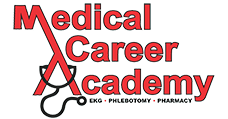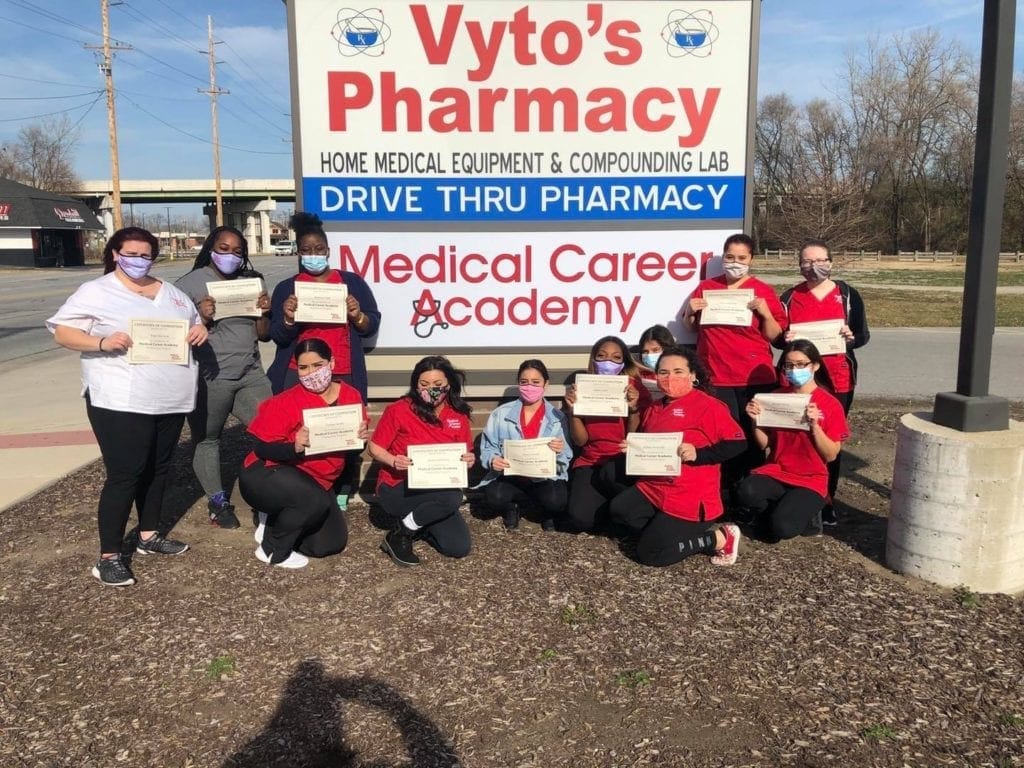4 In-Demand Healthcare Professions Not Needing College Degree
Working in the medical field only sometimes requires interested applicants to secure a diploma related to medicine. Instead, there are in-demand healthcare professions that do not need a college degree, as applicants only need to learn through a series of training upon acceptance.
Nowadays, most in-demand healthcare professions do not require a related college degree as a prerequisite. But the best part about it is that the jobs pay well and compensate the people depending on their tasks. But which jobs are these? Here are some ideas.
1. EKG Technician
An EKG technician is responsible for performing electrocardiograms (EKG) on patients. They run tests concerning the heart and lungs, leaving the explanation to the doctors. They may also be responsible for providing patient care, such as taking vital signs.
While certification is required in some states, it is only sometimes necessary. Therefore, those willing to learn how to use an EKG machine on patients should easily apply for the role. But then, if the state requires a certificate, they should get the necessary documents needed.
2. Phlebotomist
A phlebotomist is a medical professional responsible for drawing blood from patients. They use various techniques and tools to draw blood, including needles and syringes. They are also responsible for labeling the samples and storing them correctly.
Phlebotomists must have a certificate or diploma to extract blood. However, since the role also requires blood tests to determine the cause, securing a diploma or certificate might come in handy. But once they do, they should be able to apply for the role quickly.
3. Nursing Assistant
Nursing assistants provide primary care for patients in hospitals and other healthcare settings. They help with daily tasks such as bathing, dressing, feeding patients, taking vital signs, and recording medical histories. Some nursing assistants may also be responsible for dispensing medication.
Nursing assistants must have a high school diploma or GED and complete a certification program. The certification program can range from two weeks to several months, depending on the state. After completing the program, nursing assistants must pass a certification exam to become certified nursing assistants.
4. Pharmacy Technician
Pharmacy technicians work under the direction of a registered pharmacist to dispense medication and provide customer service in pharmacies. They must have a high school diploma or GED and complete an accredited pharmacy technician program.
After completing the program, pharmacy technicians must pass a certification exam to become certified pharmacy technicians. Meanwhile, pharmacy technicians must also have good organizational, problem-solving, and customer service skills.
Conclusion
These are just five of the many healthcare jobs available. Each job requires a different set of skills and qualifications. Researching each job you are interested in is vital before applying for any positions.
With the proper education and experience, you can find a rewarding healthcare job that fits your interests and skills. Healthcare is an ever-growing and rewarding field with many opportunities for people with the proper education and experience.
Medical Career Academy offers carefully-developed courses, helping students become the best medical professionals they can be. We aim to provide medical career classes and career training services to ensure students learn what they will need during their practice. Learn more about Medical Career Academy by registering an account online.

